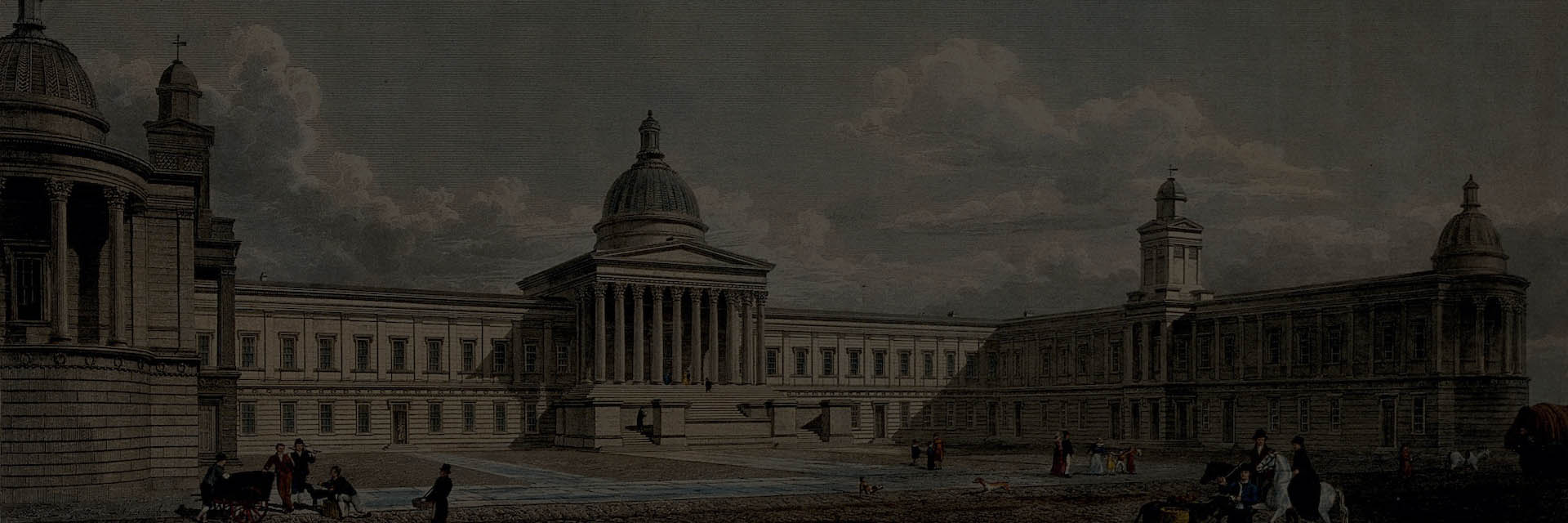
Recent approaches to question generation have used modifications to a Seq2Seq architecture inspired by advances in machine translation. Models are trained using teacher forcing to optimise only the one-step-ahead prediction. However, at test time, the model is asked to generate a whole sequence, causing errors to propagate through the generation process (exposure bias). A number of authors have suggested that optimising for rewards less tightly coupled to the training data might counter this mismatch. We therefore optimise directly for various objectives beyond simply replicating the ground truth questions, including a novel approach using an adversarial discriminator that seeks to generate questions that are indistinguishable from real examples. We confirm that training with policy gradient methods leads to increases in the metrics used as rewards. We perform a human evaluation, and show that although these metrics have previously been assumed to be good proxies for question quality, they are poorly aligned with human judgement and the model simply learns to exploit the weaknesses of the reward source.
